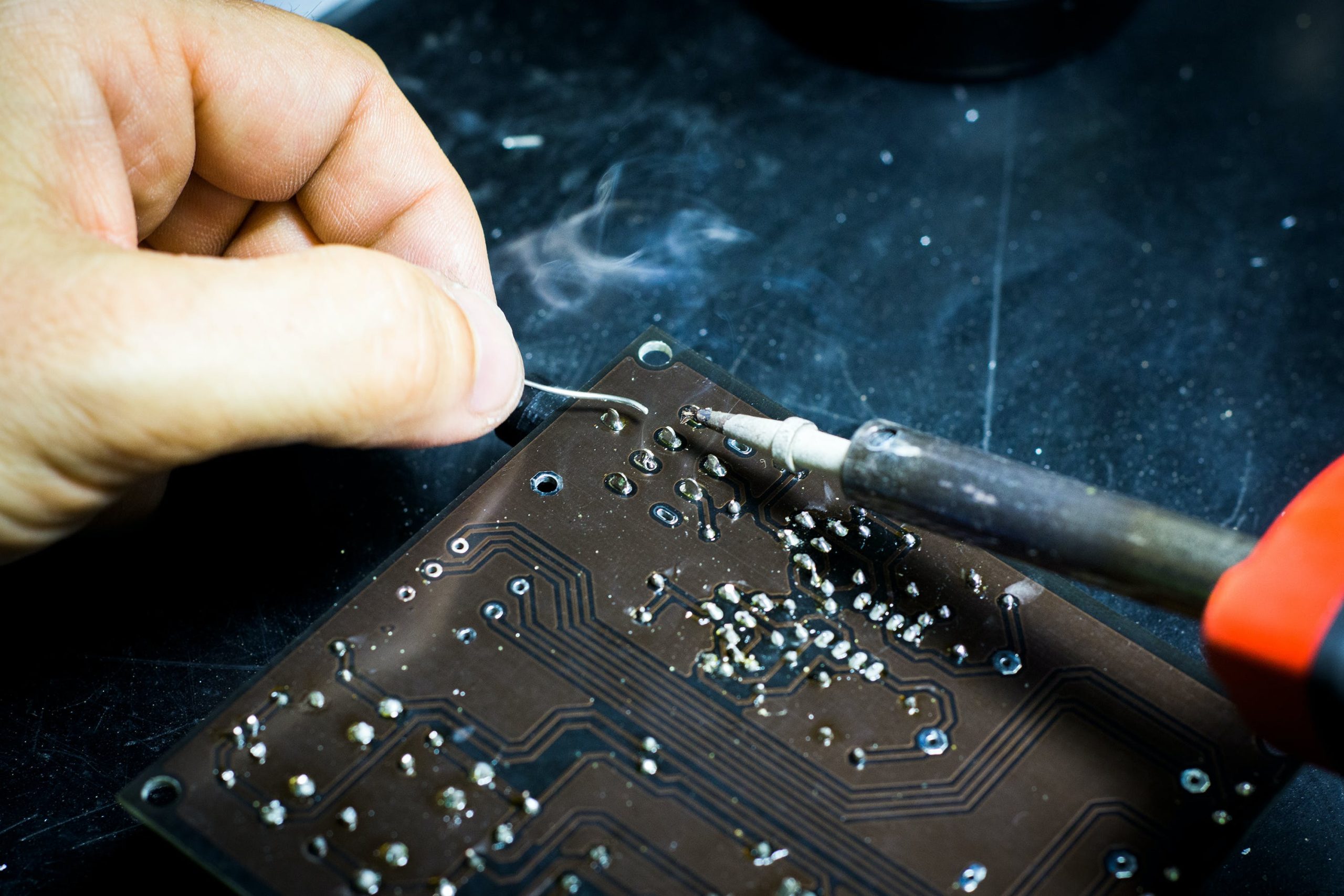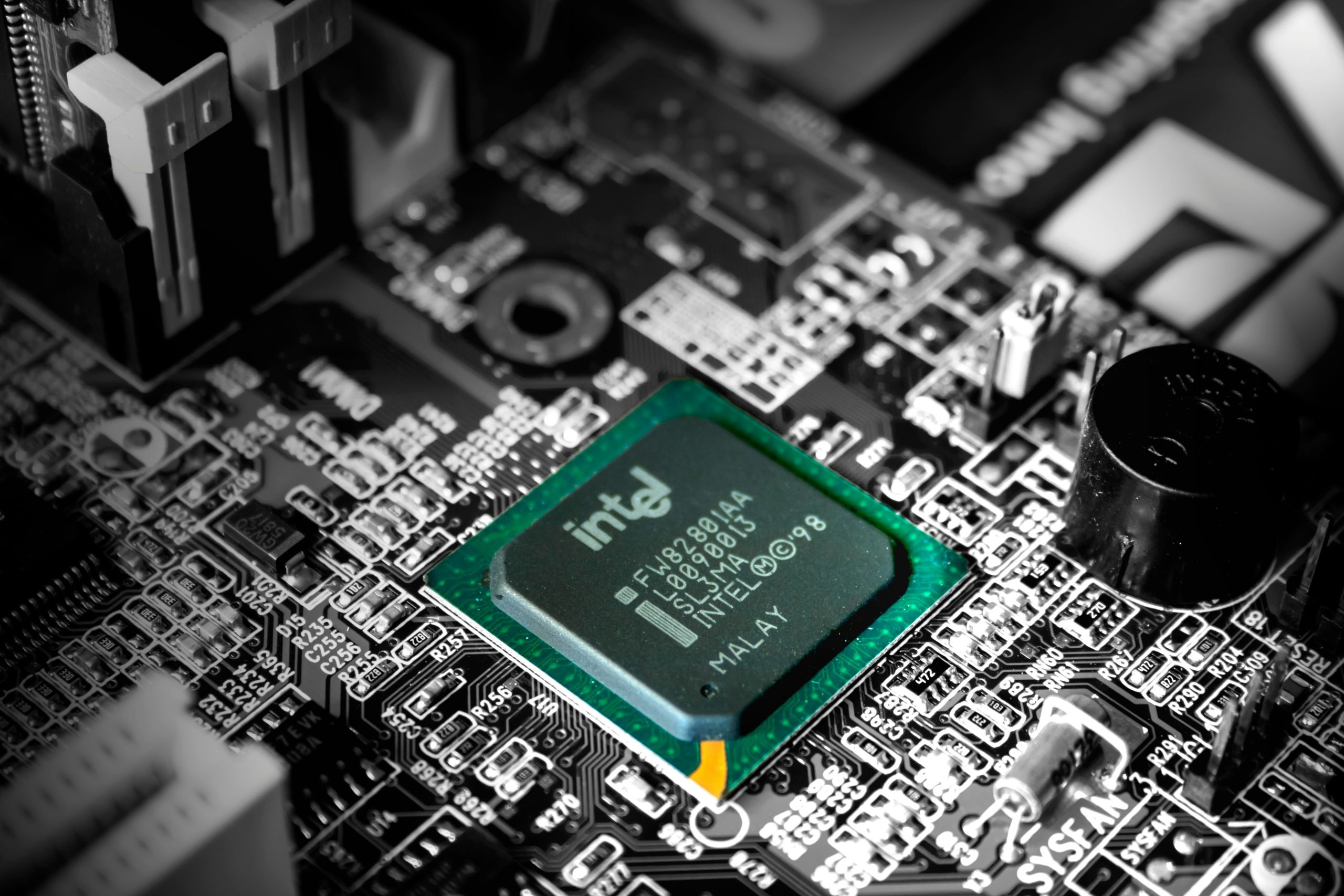
The University of Albany, New York, is set to become the site for a $10 billion semiconductor chip research facility, as New York State partners with tech giants IBM, Micron, Applied Materials, and Tokyo Electron, reports the Wall Street Journal.
This is part of The Empire State’s move to be designated a research hub under the government’s $53 billion “Chips Act” from last year. The goal is to begin next-generation research and manufacturing in a move that will create 700 jobs in Albany, the state’s capital, according to New York Governor Kathy Hochul’s office. Hochul’s office also predicted that continuing to expand the project would bring in $9 billion of private money.
Construction of the facility will be coordinated by NY Creates, the non-profit overseer of the Albany NanoTech Complex. State funds will also be used to acquire some of the most advanced chip-making machinery in the world from Dutch company ASML Holding. ASML Holding is a world leader in this equipment and the machines can cost hundreds of millions of dollars. Last year’s Chips Act alleviated the cost with a 25% investment tax credit on the cost of chip manufacturing equipment.
New York is investing $1 billion for the purchase of the equipment alongside construction of a 50,000-square-foot building in which to house the equipment, with space for research, development, and manufacture. It is estimated that construction will take around two years.
US Chips Act 2022 driving force behind New York plans
Biden’s Chips Act of 2022 aims to increase domestic chip manufacture by providing huge investment into the sector. In 1990, the USA captured 37% of modern semiconductor manufacturing capacity, but this has declined to just 12% today according to Semiconductors.org. In total, the Chips Act authorized $280 billion to fund research and manufacture of semiconductor chips.
The USA is not alone in prioritizing efforts to expand its chip-making capabilities, as the EU launched a €43 billion plan to increase its capacity and reduce reliance on China earlier this year. Semiconductors are vital for technology and defense applications and many nations are wary of China’s influence and control in the industry.
Featured image: Blaz Erzetic/Pexels






